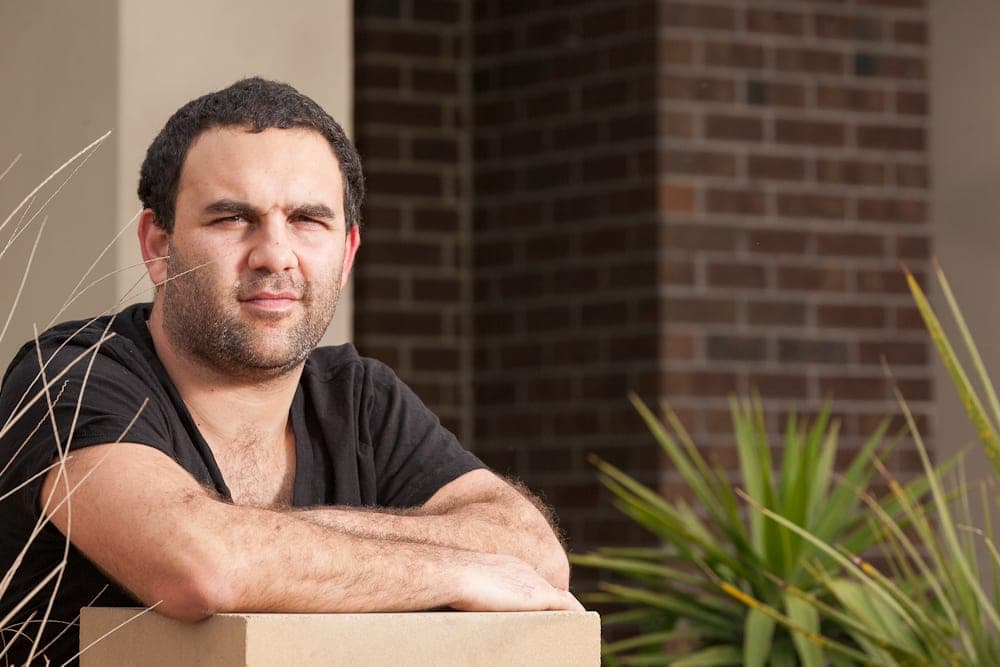Smoking in Aboriginal Communities
Smoking remains one of the main health challenges within Aboriginal and Torres Strait Islander communities. A continued focus on community-led programs and culturally strong approaches is helping people to reduce smoking and nicotine use, and to live longer and healthier lives. The positive impact of these efforts can be seen in the steady decline in smoking across many communities.
Around 3 in 10 Aboriginal and Torres Strait Islander adults smoke daily, with smoking rates continuing to fall as more people quit or choose not to start.1,2 This progress reflects the power of community-driven programs, local leadership, and culturally safe support that empowers people to make healthy changes. Vaping is also becoming more common, particularly among young mob, and it’s important that community conversations about nicotine use include both smoking and vaping.3
Although smoking rates among Aboriginal people are declining, nicotine addiction and the health impacts of smoking still contribute to many preventable illnesses and deaths. Smoking remains a key health concern that affects families and communities, particularly among people aged 45 and over.4 Addressing smoking and nicotine use continues to be an essential part of improving health and wellbeing for Aboriginal and Torres Strait Islander peoples.
Lung cancer continues to be one of the most significant cancer burdens for Aboriginal and Torres Strait Islander people.4 It causes more deaths than other cancers, including bowel cancer,5 and remains a major focus for tobacco control and prevention efforts.
Intergenerational trauma is often experienced by Aboriginal and/or Torres Strait Islander people. Trauma from past and present events can affect children, grandchildren and future generations. For many, smoking has become a way to cope with stress and emotional pain linked to these experiences. If trauma is not healed, the cycle can continue, and smoking may be passed down as a coping behaviour within families.
Smoking rates are different for each age group, but there’s good news. By 2018–19, more than 1 in 5 Aboriginal and Torres Strait Islander people were ex-smokers, and the number of people who have never smoked has also gone up over time.6 This is one of the best ways to keep improving the health of our communities.

In 2020, about 43% of Aboriginal and Torres Strait Islander mothers reported smoking at some stage during pregnancy, a decline from earlier years.7
Smoking in pregnancy can cause serious complications for mothers and babies, and exposure to second-hand and third-hand smoke continues to affect children as they grow. Babies and children of parents who smoke face an increased risk of:
Ear problems – such as glue ear, which can cause hearing loss, learning difficulties and behavioural problems.
Lung problems – including asthma, chest infections, and higher risk of chronic lung disease in adulthood.
Starting to smoke young – children exposed to smoking are more likely to try smoking themselves, sometimes as early as primary school.
Heart disease, heart attack and stroke later in life – early exposure increases the risk as they grow older.
Smoking during pregnancy and around children
Research has found that many Aboriginal and Torres Strait Islander health workers who smoke or vape may use nicotine as a way to manage stress and heavy workloads. This shows the importance of providing strong, culturally safe support and education for health workers, as well as for the communities they work with. Ensuring that everyone who smokes or vapes has access to the right advice, encouragement and support, is key to helping more people quit and stay healthy.
Let’s not forget about our health workers too
Greenhalgh, EM, Maddox, R, van der Sterren, A, Jenkins, S, Knoche, D and Winstanley, MH. 8.3 Prevalence of tobacco use among Aboriginal and Torres Strait Islander peoples. In Greenhalgh, EM, Scollo, MM and Winstanley, MH [editors]. Tobacco in Australia: Facts and issues. Melbourne : Cancer Council Victoria; 2024. Available from https://www.tobaccoinaustralia.org.au/chapter-8-aptsi/8-3-prevalence-of-tobacco-use-among-aboriginal-peo
Australian Institute of Health and Welfare & National Indigenous Australians Agency. Tobacco use. In: Aboriginal and Torres Strait Islander Health Performance Framework – Summary report [Internet]. Canberra: Australian Institute of Health and Welfare & National Indigenous Australians Agency [cited 20 October 2025]. Available from: https://www.indigenoushpf.gov.au/Report-overview/Overview/Summary-report/5-Tier-2-%E2%80%93-Determinants-of-health/Tobacco-use
Greenhalgh, EM , Jenkins, S , EM, Bain and Scollo, MM. 18.3 Prevalence of e-cigarette use. In Greenhalgh, EM , Scollo, MM and Winstanley, MH [editors]. Tobacco in Australia: Facts and issues. Melbourne : Cancer Council Victoria; 2025. Available from https://www.tobaccoinaustralia.org.au/chapter-18-e-cigarettes/18-3-prevalence-of-e-cigarette-use
Greenhalgh, EM, Jenkins, S, van der Sterren, A, Knoche, D and Winstanley, MH. 8.7 Morbidity and mortality caused by smoking among Aboriginal and Torres Strait Islander peoples. In Greenhalgh, EM, Scollo, MM and Winstanley, MH [editors]. Tobacco in Australia: Facts and issues. Melbourne : Cancer Council Victoria; 2023. Available from https://www.tobaccoinaustralia.org.au/chapter-8-aptsi/8-7-morbidity-and-mortality-caused-by-smoking-amon
Cancer Council Victoria. Cancer statistics for Aboriginal Victorians. Melbourne: Cancer Council Victoria, 2025 [cited 20 October 2025]. Available from: https://www.cancervic.org.au/about-cancer/types/statistics/aboriginal-victorians.html
Jenkins, S, van der Sterren, A, Greenhalgh, EM, Knoche, D and Winstanley, MH. 8.6 Smoking cessation and Aboriginal and Torres Strait Islander peoples. In Greenhalgh, EM, Jenkins, S, Scollo, MM and Winstanley, MH [editors]. Tobacco in Australia: Facts and issues. Melbourne : Cancer Council Victoria; 2023. Available from
https://www.tobaccoinaustralia.org.au/chapter-8-aptsi/8-6-cessation
Australian Institute of Health and Welfare & National Indigenous Australians Agency. Measure 2.21 Health behaviours during pregnancy, Aboriginal and Torres Strait Islander Health Performance Framework website [Internet]. Canberra: Australian Institute of Health and Welfare & National Indigenous Australians Agency, 2024 [cited 20 October 2025]. Available from: https://www.indigenoushpf.gov.au/measures/2-21-health-behaviours-during-pregnancy